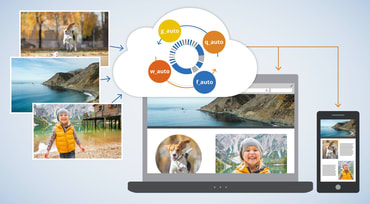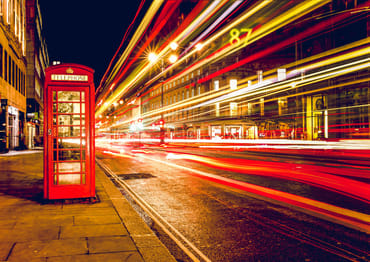


Every image is unique and every one of your website visitors is different. In a perfect world, we'd like to adapt each image individually to be "just right" for every user. With "just right" being perfectly cropped, using responsive dimensions, correct encoding settings and optimal quality with the best image format.




As a developer, you want to allow your users to download multiple files in a single click. An easy way to download multiple files and share them is to generate a ZIP file. When images are involved, you may also want to normalize the original images before including them in the ZIP file, by scaling them down to the same maximum resolution or converting them to the same format.



If you make a copy of a copy of a copy, the quality will deteriorate with every ‘generation’. This problem is called ‘generation loss’. It is not difficult to understand why this happens with actual copier machines. Scanning and printing are not perfect, being based on noisy sensors and physical paper and ink, and the resulting noise will tend to accumulate.

It's great to have the capability to manipulate images on the fly by using dynamic URLs to customize the images to fit the graphic design of your site or mobile application. However, what if you want to manipulate an image depending on a specific image characteristic (like its width or aspect ratio) or its contents (does it contain a face?). What you need is a way to apply a transformation to an image only if a specific condition is met. Take for example a situation where you have allocated space on your page for a user uploaded image with a width and height of 200 pixels. Furthermore, if the image contains a face you would like to zoom in and focus on the face itself, otherwise you would like to fit the entire image into the available space: